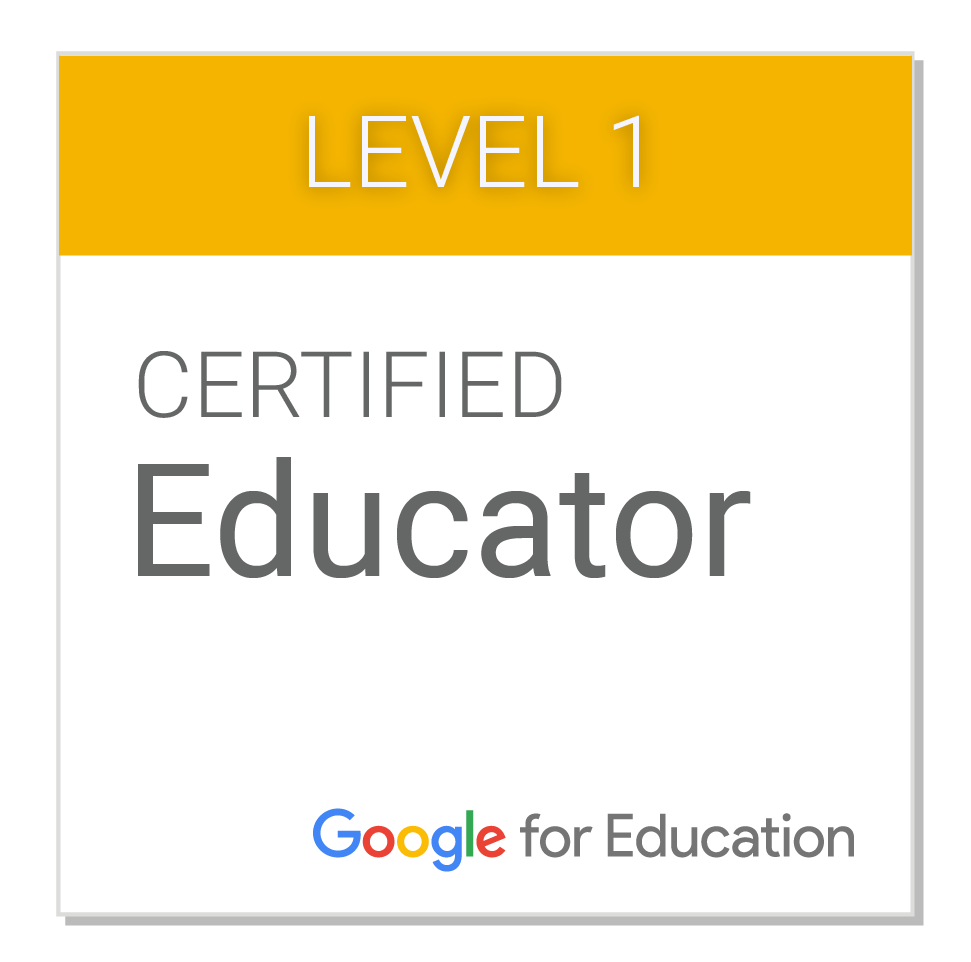On Monday, 30 January 2023 at 11:20:11 am GMT-6, Loretta Sullivan <b59lgian@mpspride.org> wrote:
Hello everyone,
I wanted to know if you teach Booleon search terms (and,or, not) for more effective searching when using keywords? Can someone clarify for me (I feel awful about not knowing) why when trying these search terms they do not always work? Are they only effective when using databases vs. using a search engine to look something up? My TIS and I were trying them in hopes of helping students learn these strategies, but did not find anything that worked the way we wanted when we tried them. Am I missing something? Thanks for your help!
Respectfully,

Loretta Sullivan
Library Media Specialist
Bennet Academy
Manchester, CT
For all other technology assistance (including laptops and iPads), go to the IT Helpdesk or call / text 860-682-0607, Monday - Friday from 8:00 AM - 3:00 PM.
"Books are the quietest and most constant of friends; they are the most accessible and wisest of counselors, and the most patient of teachers." -Charles W. Eliot
CASL-L mailing list
CASL-L@mylist.net
https://mylist.net/listinfo/casl-l